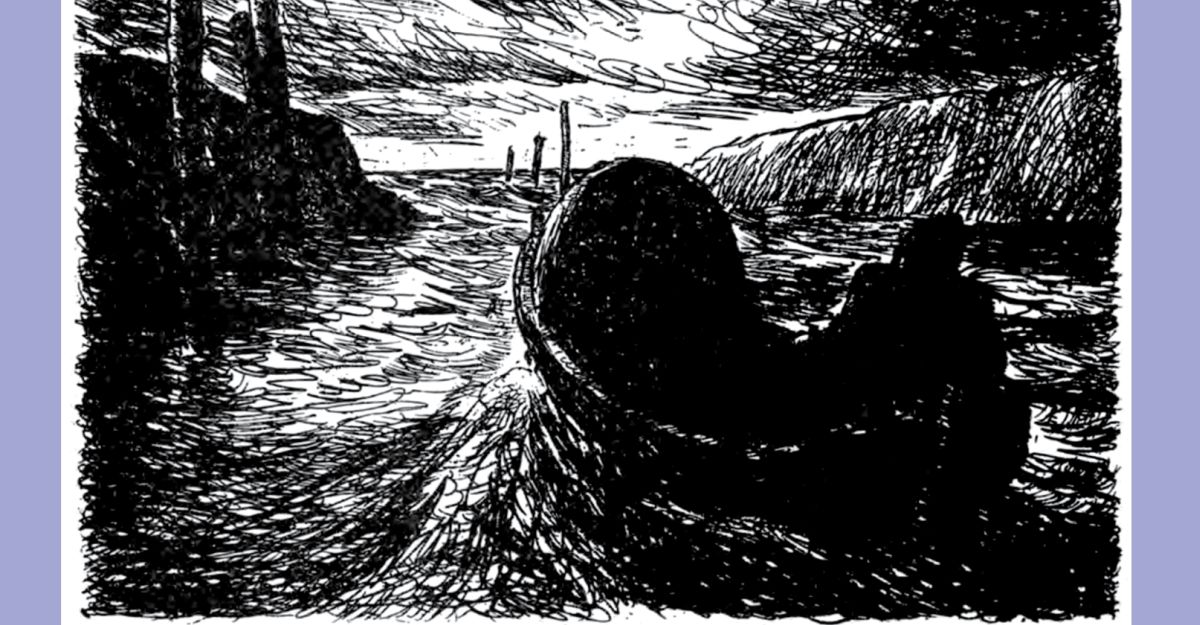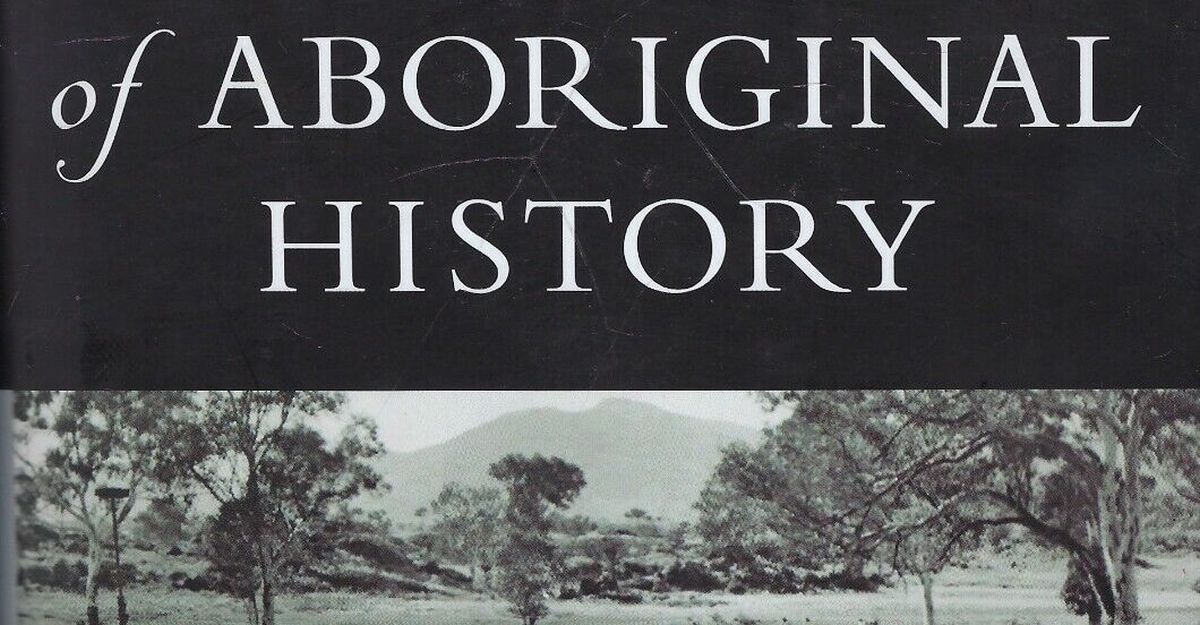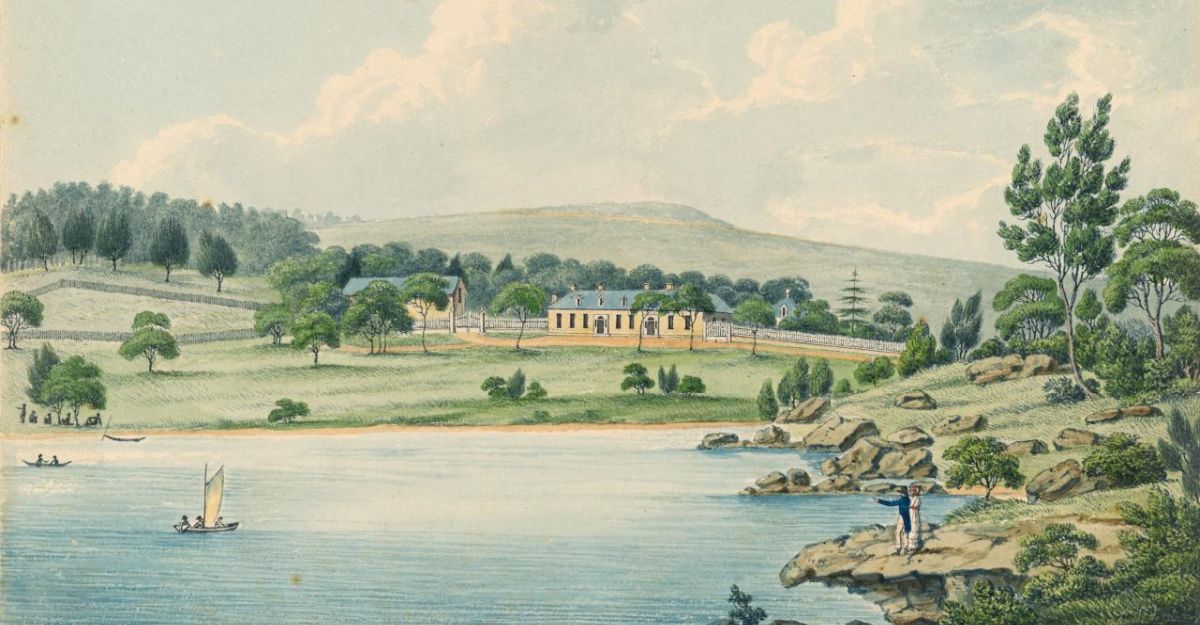Speech given on Friday 13 December 2024 at Testing Grounds, Melbourne
It’s rare that I speak at Overland events, because I prefer to do my work as poetry editor in the shadows. Not like one of the faceless men of the Labor party, no — the work of selecting poetry isn’t particularly clandestine or manipulative. Nor does it need fanfare — it’s simple work, of carving down a cornucopia of submissions into a small set menu for each issue. But I’m speaking today to hand over the editing knives to someone new. And I use this knives metaphor as a triple allusion: one, to the “knife fight in a phone booth” that is Australian poetry, apparently — bless John Forbes, but it’s a very old, now overused, and frankly silly analogue for the many diverse communities that make up poetry in so-called Australia; two, so I could allude to Bart Simpson, who said, “Once again, a knife-wielding maniac has shown us the way”; and three, to allude to the fact that the role of poetry editor at Overland comes with a somewhat sharper notoriety than other poetry editor roles, because Overland is committed to the political project that is poetry, a project that must go beyond diversity quotas, empty acknowledgments, and pat didacticism. And it must decry the kind of depoliticised lyric poem that dominates Australian poetry. And so, any poetry editor of Overland will receive their fair share of conflict. The previous poetry editor, Indigenous poet and scholar Peter Minter, famously said he would never publish anyone who had published work in Quadrant, that literary journal diametrically opposed to Overland, and this is a longstanding fire that various editors have stoked and a policy I have maintained for obvious reasons, but it receives a lot of blowback from poets who just want to submit to Overland. Same same but different, in 2001 Pam Brown dealt with contentious letters to the editor of what “working class poetry” might be. This is an issue of representation and classification that has re-emerged in my time as poetry editor due to various social crises — of housing, cost-of-living, mental health services, and arts funding — and has resulted in some excellent recent poetry, in Overland and extrapolated by poets into their own books. In my tenure I’ve dealt with a racket of other contentions, from white poets anonymously submitting poems of Aboriginal subjectivity to our prizes to reactionary beat-ups about plagiarism to hate for publishing pro-transgender work. Then there was the online journal (which I won’t name) that criticised me for not publishing enough erotica, even though we publish plenty of poems with graphic content (poems about sex work, poems about miscarriage, poems about forbidden gay love) that are far more subversive than the admittedly titillating poems they were peddling at the time.
Despite the notoriety and conflict inherent in the role of a poetry editor trying their best to represent many and various poets and aesthetic approaches while pushing a provocative and radical agenda, the job has been by far my favourite. Overland was there for me while I juggled dozens of casual jobs, and it made a more intrepid activist and unionist of me well before I was forced to take University of Sydney management to the Fair Work Commission for my job, and to the Fairwork Ombudsman with others for wage theft. And the perks of being poetry editor — that of selecting poems that explore the personal and the political via issues of race, gender, language, the environment, colonialism, war and more, of discovering so many new poets and seeing them publish their first poem in Overland, and of working with staunch comrades — have brought me sheer pleasure.
I’ve had many highlights in this job. One has been judging the Overland Judith Wright Poetry Prize for New & Emerging Poets alongside guest judges each year, and then seeing some incredible winners, including Alison Whittaker, Ender Başkan, and our own Evelyn Araluen, emerge on to centre stage in Australian poetry. A second was spending many years editing Groundswell: The Overland Judith Wright Poetry Prize for New & Emerging Poets 2007–2020, a book anthology I pitched in my interview back in 2015 that gathers together a huge array of new poetry by winners of the prize, including poems written after winning that demonstrate their development as poets, and which resulted in some of the most alternative and innovative poetry going round, in my opinion. A third highlight was having the platform that Overland afforded me to instigate other big poetry projects, such as the Best of Australian Poems series, published through peak body Australian Poetry, a now successful series of annual anthologies that Ellen van Neerven and I, as the inaugural editors, instilled with a politics influenced by Overland’s sense of diversity and subversion of the status quo. Fourth, reading through the entire archive of Overland since 1954 — something editors Evelyn Araluen and Jonathan Dunk made a digital reality for all of us — has been an illuminating experience, in terms of tracing how Overland has historically published poetry. In doing so I’ve chosen a selection of fascinating poems that are of political relevance still today for the next issue, #257, which will be my last.
One thing I won’t miss is coming across a particular genre of poem in the slushpile, and that genre I’ve come to think of as the “gripe poem”, and the gripe poem is characterised by a very thinly veiled grievance. It generally starts out metaphorically chiding its addressee, me, for not recognising the greatness of their previous poetry submissions — how could I not have published this poet? — and then falls away into diatribe. I’ve received many such poems.
I’d like to to express a few thank yous. I can’t name everyone, but thank you to all my colleagues, especially Evelyn and Jonathan whose unwavering humanitarian vision, commitment and solidarity has reinvigorated Overland, and whose risk-taking in challenging deplorable political discourse has raised the journal to new heights. I’d like to thank previous editor Jacinda Woodhead, and former digital editor Benjamin Laird, who supported my vision and gave me this opportunity in the first place at a young age, and who also saw the potential in Evelyn and Jonathan. Big thanks to Alex Skutenko, Natasha Seymour and Giovanni Tiso, who I’ve worked with the most — Alex and Tash on the typesetting and administrative side of things (we couldn’t do anything without you), and Gio, who I’ve worked closely with to publish the regular Friday poem online, another highlight of my tenure because it allowed me to publish long poems and topical poems more readily. And thank you to the thirty-forty voluntary poetry readers I’ve worked with over many years, who put in time reading tranches of submitted poems and giving me advance feedback on their quality with skill and sensitivity. You are the unacknowledged cogs that help things run smoothly and proof that Overland is a community.
The timing is right to move on after nearly a decade. Seeing out Overland’s 70th year at the forefront of radical discourse is an honour and a privilege, and it’s time for someone else to do new things with the role. Elena Gomez’s growing body of work as a poet, scholar and communist encompasses so much of what Overland is about, and her already vast experience as a book editor and literary editor will be invaluable — I’m looking forward to seeing how she treats the role. The final reason I’m moving on is that my partner and I recently had a third (and unexpected) child, and I need … more family time. It’s in this spirit that I’d like to finish up with a poem that sees this life event clash with the broader and ongoing political backdrops of ecocide and genocide. I started writing this poem in hospital when my partner was in labour (don’t worry, I was by her side helping out, and only writing in down moments or during recovery). On that day, yet another report from Gaza informed us that dozens more Palestinian children had been murdered by the bombs of Zionists. It was impossible to reconcile these awful and tragic facts with the reality of our lucky baby insisting on being brought into the world. When your baby is in utero you can subscribe to websites that track their development, including what size your baby should be growing to week by week, and the size of the baby is usually compared to a fruit. This also influenced the writing of the poem.
What Size is My Baby Poem
Your baby is the size of a pollen grain.
Your baby is the size of a microbead in your ovary.
Your baby is the size of a chunk of rock salt.
Your baby is the size of the lithium-ion battery in your phone.
Your baby is the size of a bumblebee.
Your baby is the size of a Coca-Cola bottle cap, 110 billion of which were manufactured last year.
Your baby is the size of a southern corroboree frog sucked up into the Cloud and torrented back down.
Your baby is the size of a vape.
Your baby is the size of a monarch butterfly shuddering into your diaphragm.
Your baby is the size of an undimmable restaurant filament bulb.
Your baby is the size of a pygmy possum.
Your baby is the size of a scrunched-up plastic bag.
Your baby is the size of an orange, the fruit of light.
Your baby is the size of a hamburger in a styrofoam container.
Your baby is the size of a macaw.
Your baby is the size of a flat basketball bouncing on the court of your pelvis.
Your baby is the size of an echidna in breech position.
Your baby is the size of a blackbox.
Your baby is the size of a watermelon.
Your baby is the size of a pirate ship Lego set.
Your baby is the size of a pangolin curled up in its armour.
Your baby is the size of one MK-84 bomb.
Your baby is the size of a snow leopard ghosting through the Himalayas.
Your baby is the size of a wheelie bin.
Your baby is the size of a hammerhead shark thrashing about in an amniotic ocean.
Your baby is the size of the oxygen tank of the crashed-landed Skylab on Oondiri country.
Your baby is the size of one of the four horses.
Your baby is the size of a Cybertruck.
Your baby is the size of a white rhino.
Your baby is the size of a Reaper drone, posterior position.
Your baby is the size of a blue whale.
Your baby is the size of a 5-bedroom beach-side penthouse left vacated by AirBnB landlords.
Your baby is the size of a memory of Sumatran elephants.
Your baby is the size of a nuclear reactor and is now engaged.
Your baby is the size of the Great Barrier Reef.
Your baby is the size of a country razed.
Your baby is the size of a Category-5 cyclone.
Your baby is the size of all human-made space junk in orbit around the globe.
Your baby is the size of Mars and is 3390 km dilated.
Your baby is the size of genocide.



